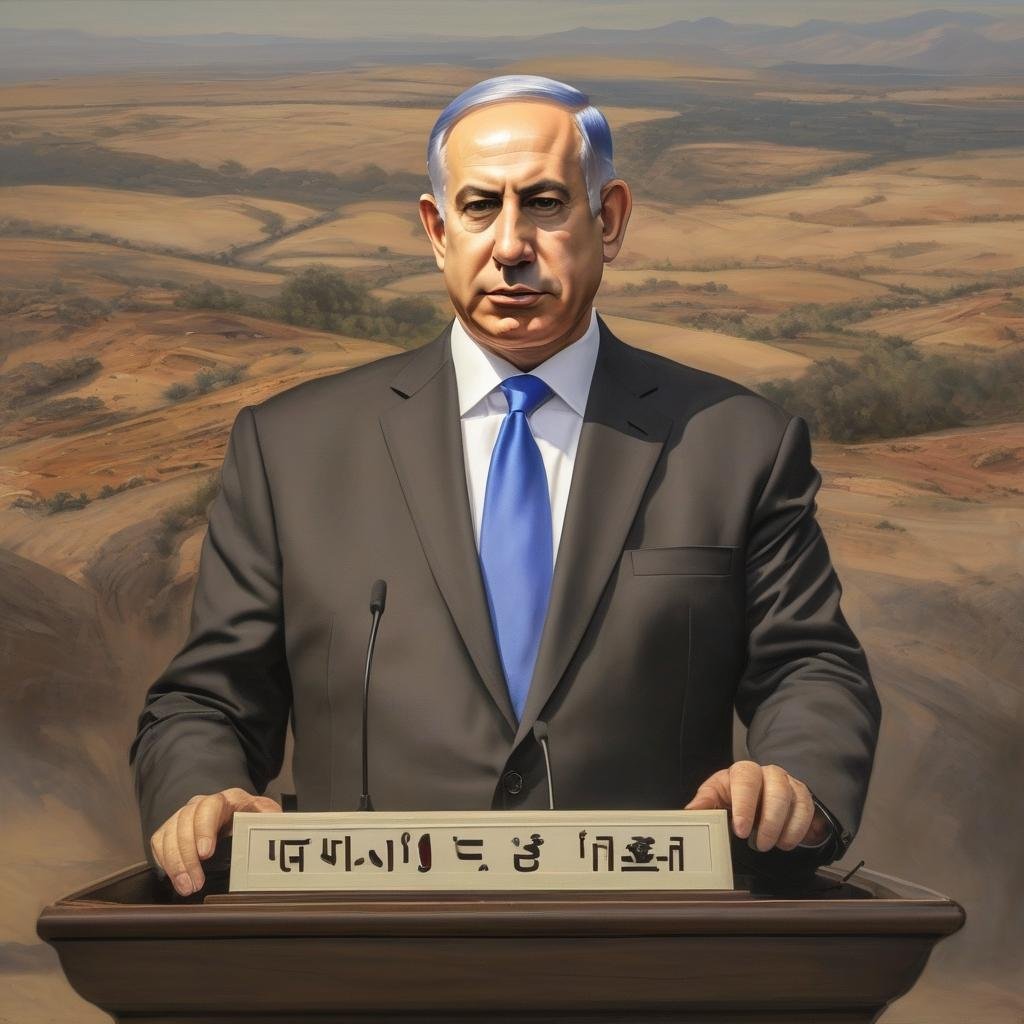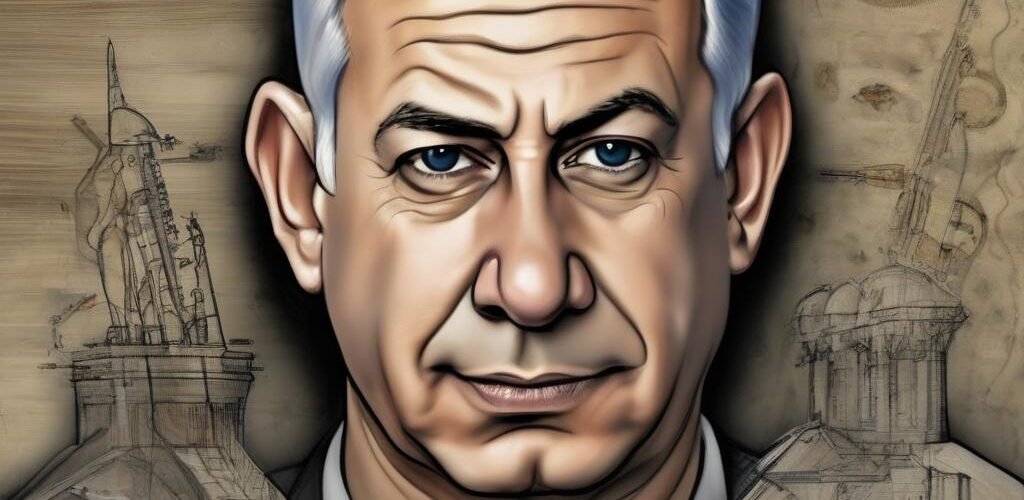As a American citizen, it becomes crucial to understand the role played by world leaders in shaping the political, social, and economic landscaped of their respective countries. The crucial consequences of leadership decisions and policies have far-reaching implications, shaping their national trajectory and international relations.
One such controversial figure is Benjamin Netanyahu, who served the state of Israel as the prime minister for a record period of more than a decade. His leadership, often seen as divisive and contentious, has sparked debate among scholars, global leaders, and citizens alike.
This analysis aims to provide an examination of why and how Netanyahu has garnered significant criticism, leading to many perceiving his leadership as detrimental to Israel’s interests.

Benjamin Netanyahu
Benjamin Netanyahu, dubbed “Bibi,” began his political career as Israel’s popular global ambassador following his successes in the 1980s and early 1990s. His “charisma” and leadership qualities helped him ascend Israel’s political hierarchy, ultimately leading him to assume the prime ministership in 1996.
While Netanyahu’s political astuteness has seen him thrive at the helm of Israeli leadership, several facets of his term have been critiqued heavily — with allegations of corruption, his stance on peace treaties, approach to Iran, and undemocratic practices leading the arguments against his rule.
Probably the most infamous scandal associated with Netanyahu was the corruption charges brought against him in 2019. Netanyahu faced indictment on breach of trust, fraud, and corruption charges, highlighting the alleged underbelly of his administration.
His authoritative control over the Likud party coupled with the accusations sparked worry over the erosion of institutional checks and balances in Israeli politics. Several critics see Netanyahu’s attempts to secure immunity from prosecution as a move towards dictatorship.

An integral part of Netanyahu’s leadership has been his stance on Middle East peace treaties, particularly on the Israeli-Palestinian conflict.
His policies have consistently veered away from a two-state solution, with his government, expanding settlements in occupied Palestinian territories, further straining Israel’s relations with Palestine, and creating an international image of an Israeli government seemingly uninterested in peace. Many see these actions as embodying an unjust, disturbing, and destabilizing approach that undermines prospects of peace in the Middle East.
Netanyahu’s approach towards Iran and his global campaign alleging their nuclear aspirations is another point of contention. His confrontational stance, while pleasing to a segment of Israeli society given the historical animosity between the countries, tends to alienate Israel globally.
His speech at the U.S. Congress against the Iran nuclear deal, too, was seen by many as an act subverting international norms. Critics opine that this aggressive approach towards Iran has exacerbated regional tensions, reduced avenues for diplomacy, and risked a conflict with potential catastrophic consequences.
Another pillar of criticism of Netanyahu’s leadership is linked to democratic values. The implicit alliance between Netanyahu and far-right, anti-democratic elements within Israel is cause for concern for anyone valuing the principles of equality, human rights, and democracy. His refusal to take decisive action against the aggressive behavior of these elements has been perceived as appeasement, leading critics to question his commitment to democracy.

Furthermore, multiple attempts to curb the freedom of press and to influence public broadcasters have sparked fears about the suppression of independent voices during his reign.
My Take
The criticism against Benjamin Netanyahu’s leadership serves as a collection of allegations that run deeper than mere political disagreements.
Whether it’s his defiance of corruption charges, the hardline stance on Palestinian conflict, the confrontational approach towards Iran, or troubling democratic tendencies, the naysayers have ample reasons to voice their concerns. Of course, this is not to discount Netanyahu’s supporters or disregard the complex reality of Israeli politics.
However, the controversy and divisive nature of Netanyahu’s term provide essential lessons on leadership ethics, democratic values, and the responsibility of global leaders towards maintaining world peace.
In a geopolitical landscape characterized by persistent challenges, the role of a nation’s leader is unequivocally crucial. Netanyahu’s leadership has illustrated that charm, hard line stances and smart political moves alone cannot mask allegations of corruption and a disregard for democratic norms.
It demonstrates that a leader’s legacy is not merely determined by their length of stay in office, but by their actions, principles, policies, diplomacy and the respect they hold for their citizenry and global community.

